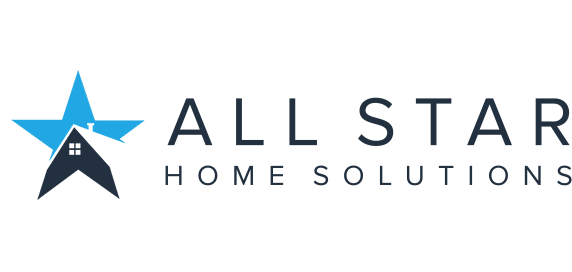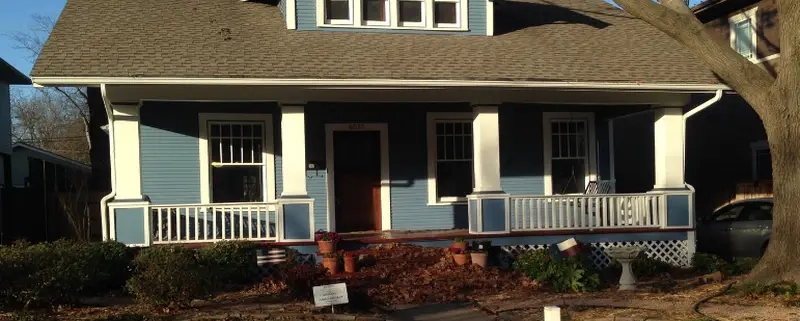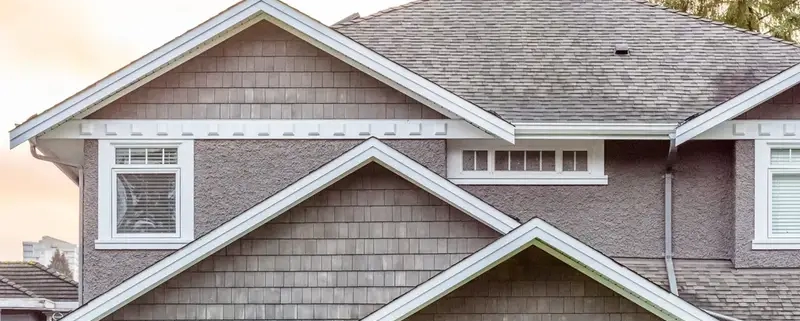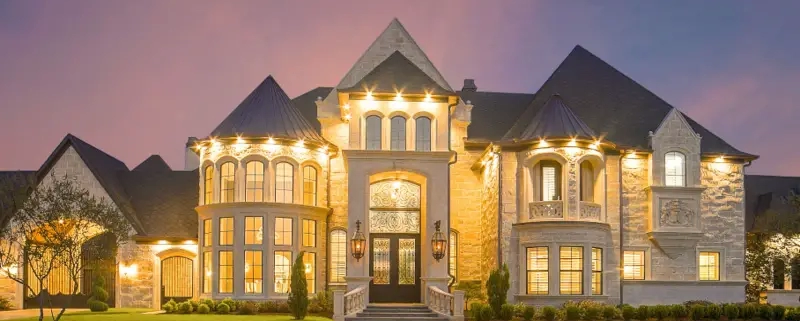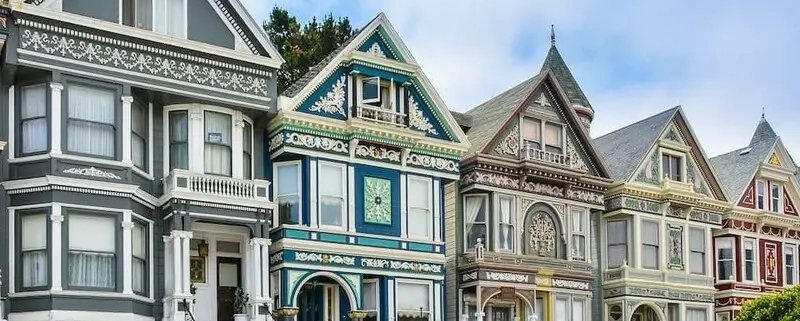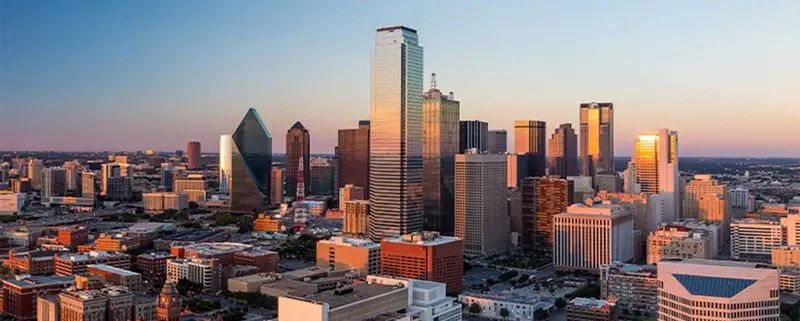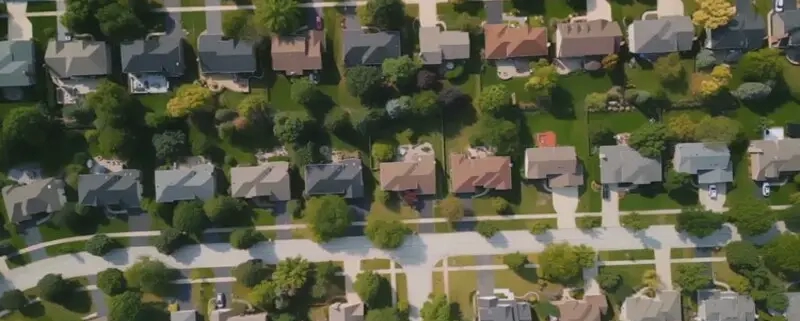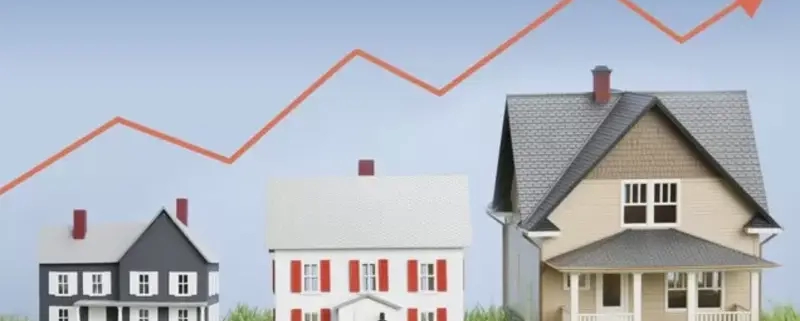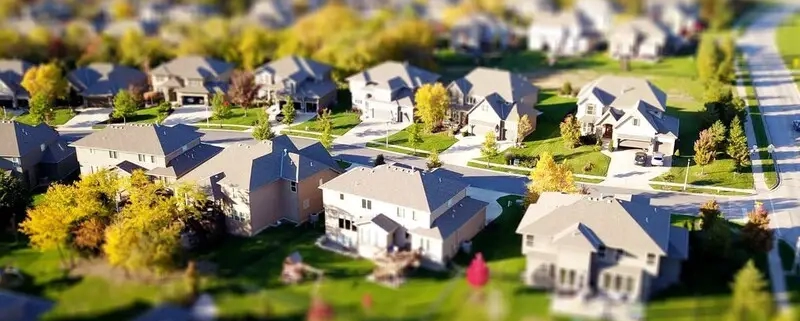In this comprehensive guide, we’ll explore the Fort Worth real estate market, examine the factors that make it an attractive prospect, and discuss the potential pitfalls buyers should be aware of when considering a property purchase in this vibrant Texan city. Whether you’re a first-time homebuyer or a seasoned real estate investor, this article will provide valuable insights to help you navigate the Fort Worth housing market effectively.
Fort Worth: The City of Cowboys and Culture
Before diving into the intricacies of the Fort Worth real estate market, let’s take a moment to appreciate what makes this city unique. Fort Worth, often referred to as the “City of Cowboys and Culture,” offers a blend of old-world charm and modern vibrancy. It’s renowned for its:
- Western Heritage: Fort Worth has a rich cowboy culture and is home to the famous Fort Worth Stockyards, where you can experience the Old West come to life.
- Cultural Attractions: The city boasts a range of cultural institutions, including the Kimbell Art Museum and the Fort Worth Cultural District, making it a hub for art and history.
- Thriving Economy: Fort Worth’s economy is diverse and strong, with sectors such as aerospace, healthcare, education, and manufacturing contributing to its success. Major corporations like American Airlines and Lockheed Martin are headquartered here.
- Affordable Living: Compared to some of the larger Texas cities like Dallas and Austin, Fort Worth offers a relatively lower cost of living, making it attractive for residents and investors.
- Quality Education: Fort Worth is home to respected educational institutions, including Texas Christian University (TCU) and Texas Wesleyan University.
With these appealing features in mind, it’s no wonder that Fort Worth has been experiencing population growth and a burgeoning real estate market. But, is it really a buyer’s dream, or are there potential pitfalls that could turn it into a nightmare? Let’s delve deeper.
The Fort Worth Real Estate Market: A Buyer’s Dream
Here are some key factors that make Fort Worth’s real estate market a buyer’s dream:
Affordability
Fort Worth offers affordable housing options, making it an ideal place for first-time homebuyers and investors. Whether you’re interested in a historic home in a well-established neighborhood or a modern condo in a bustling downtown area, there are options to fit various budgets.
Housing Diversity
The real estate market in Fort Worth is diverse. You can find a range of properties, including single-family homes, townhouses, condos, and apartments. This diversity ensures that there’s something for everyone, regardless of their lifestyle and preferences.
Strong Job Market
The city’s robust job market, driven by various industries, attracts new residents, which, in turn, increases the demand for housing. With major employers like American Airlines, Lockheed Martin, and BNSF Railway, there’s a constant influx of job opportunities, making Fort Worth an attractive destination for those seeking employment.
Property Appreciation
Over the years, Fort Worth has seen consistent property appreciation. Homes have typically appreciated at a rate that outpaces the national average, offering a potential return on investment for buyers.
Cultural Amenities
Fort Worth’s rich cultural scene is a significant draw. Residents have access to world-class museums, theaters, and cultural events. This enhances the overall quality of life and makes it an appealing place to call home.
Education Hub
The presence of reputable educational institutions like TCU and Texas Wesleyan University adds to the city’s appeal. It attracts students, faculty, and professionals looking to further their education or build their careers.
Potential Pitfalls: Fort Worth Real Estate Nightmares
While Fort Worth offers many advantages for buyers, it’s essential to be aware of potential pitfalls that could turn your real estate dream into a nightmare. Here are some factors to consider:
Competitive Market
The desirability of Fort Worth has led to increased competition in the housing market. Buyers may find themselves in bidding wars, driving up property prices and potentially creating a stressful buying experience.
Property Inventory
In some cases, the city’s rapid growth has led to a shortage of available properties. This can limit choices for buyers and may result in compromises on location or property type.
Property Taxes
While Fort Worth’s cost of living is generally lower than in many major cities, property taxes can be a concern. It’s essential to consider the ongoing tax obligations associated with your chosen property.
Neighborhood Disparities
As in any city, not all neighborhoods in Fort Worth are created equal. It’s crucial to research and carefully select a neighborhood that aligns with your lifestyle, safety, and investment goals.
Maintenance and Repairs
Older homes in historic neighborhoods often require maintenance and repairs. It’s essential to budget for these expenses when purchasing an older property to avoid unexpected financial burdens.
Future Development
While development can be a positive sign of economic growth, it’s important to be aware of how it might impact your property. New developments can affect property values and neighborhood dynamics.
Tips for Navigating the Fort Worth Real Estate Market
To ensure your experience in the Fort Worth real estate market is closer to a dream than a nightmare, consider these tips:
Work with a Local Realtor
A local real estate agent with expertise in the Fort Worth market can guide you through the intricacies of the city’s neighborhoods and help you find the best properties that suit your needs and budget.
Understand the Market Trends
Stay informed about the current real estate trends, property values, and market conditions. This knowledge will empower you to make informed decisions.
Get Pre-Approved for Financing
If you plan to secure a mortgage, it’s crucial to get pre-approved for a loan. Pre-approval demonstrates your financial readiness and gives you an advantage in a competitive market.
Consider Your Long-Term Goals
Think beyond your immediate needs. Consider how your property choice aligns with your long-term goals, whether it’s for your family’s growth, an investment portfolio, or retirement planning.
Inspection is Key
Before finalizing your purchase, ensure a thorough inspection of the property. This step can uncover potential issues and help you avoid unexpected repairs.
Explore Various Neighborhoods
Fort Worth has a diverse range of neighborhoods. Don’t limit yourself to just one area. Explore different neighborhoods to find the one that best suits your lifestyle and investment objectives.
Prominent Fort Worth Neighborhoods
Let’s take a closer look at some prominent neighborhoods in Fort Worth that have been attracting homebuyers and investors:
Downtown Fort Worth
Downtown Fort Worth has seen significant revitalization in recent years. It’s a prime location for those seeking an urban lifestyle with easy access to entertainment, dining, and cultural attractions.
Tanglewood
Tanglewood is an affluent neighborhood known for its well-established homes and strong property appreciation. It’s an ideal location for buyers interested in a long-term investment.
Cultural District
The Cultural District is a hub for art and culture lovers. It’s a sought-after area for those who appreciate the convenience of living near world-class museums and theaters.
Arlington Heights
Arlington Heights is a historic neighborhood that’s gaining renewed attention. It offers a mix of old-world charm and modern amenities, making it a desirable choice for families and investors.
West 7th Street
West 7th Street is known for its vibrant atmosphere, with shopping, dining, and entertainment options. It’s particularly appealing to young professionals and those looking for a lively urban lifestyle.
In the end, whether Fort Worth real estate is a buyer’s dream or nightmare depends on various factors, including individual preferences, goals, and market conditions. Fort Worth undoubtedly offers numerous advantages, such as affordability, diversity, job opportunities, and cultural amenities. However, buyers should be prepared to navigate a competitive market, consider property taxes, and choose neighborhoods carefully to ensure a successful real estate experience. By working with local experts and staying informed, you can turn your Fort Worth real estate journey into the dream you’ve always imagined.
Fort Worth’s real estate landscape is as diverse as its culture and heritage, and with the right approach, it can be a truly dreamy experience for any homebuyer or investor willing to explore its many possibilities.
